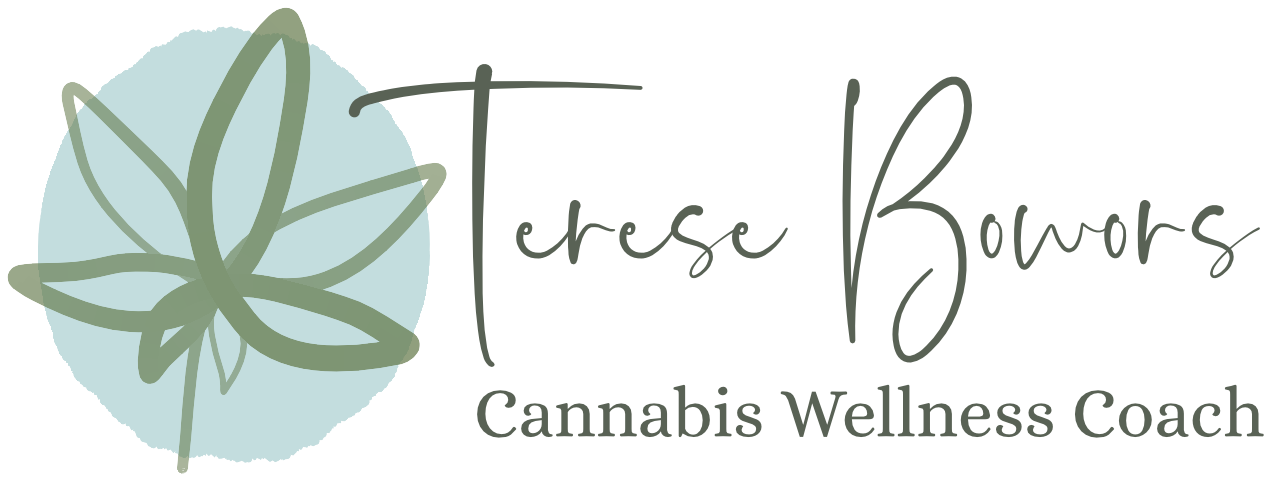- sleep,
- stress,
- pain,
- memory,
- appetite and
- mood
It is as important to our bodily function as the immune system, endocrine system or any other body system. Only discovered in the late 80’s, the ECS still has not been fully taught within our colleges and universities. Our medical system is only starting to become aware of how the ECS interacts with the other systems in our bodies. The importance of recognizing and understanding the ECS is monumental because the ECS is the master regulator and balancer of the other systems in the body. It’s on the look out for imbalances and seeks to bring back balance and homeostasis.
The ECS has cannabinoid receptors 🔒 (often compared to locks) throughout the body, and it produces endocannabinoids 🗝️(often thought of as keys) that fit into the receptors to create the desired effect of bringing the body back into balance.
Did you catch that… The body naturally makes its own cannabinoids, called endocannabinoids! A well running ECS has the right amount of endocannabinoids to bring balance to the other systems in the body. People with chronic illnesses may be cannabinoid deficient, meaning their bodies do not produce enough of their own endocannabinoids to balance the ECS. That’s where cannabis comes in. We can use cannabinoids from cannabis called phytocannabinoids, as a supplement to the ECS. Author, Michele. N Ross, appropriately named her book “Vitamin Weed”.
There are two primary cannabinoid receptors in the body called CB1 and CB2.
CB1 receptors are found in the brain, spinal cord, lungs, vascular system, muscles, GI tract and reproductive organs.
CB2 receptors are found in the spleen, endocrine system, reproductive system, bones and skin. Both CB1 and CB2 receptors are found in the immune system, liver, bone marrow and pancreas.
The body naturally makes its own cannabinoids, called endocannabinoids, that fit into the CB1 and CB2 receptors, these include Anandamide and 2-AG. Cannabis also contains cannabinoids, called phytocannabinoids, that fit into the body’s CB1 and CB2 receptors. These include THC and CBD and more. THC directly binds to the body’s CB1 and CB2 receptors. CBD does not directly bind, but can be enticed into the receptor with some THC. If THC is not present with CBD then CBD will not bind into the CB1 or CB2 receptors but it is thought to modulate other non-cannabinoid receptors in the body.
When we understand how cannabis works in the body, we can see how compatible we are with this plant.
How healthy is your ECS?
In addition to supporting the ECS with cannabis, we can also support the ECS with our lifestyle choices including eliminating toxins, eating real food, managing stress, movement, sleep, smiling and hugging. 🤍
If you are curious about supporting your ECS, get in touch! I’ve got lots of ideas up my sleeve.

